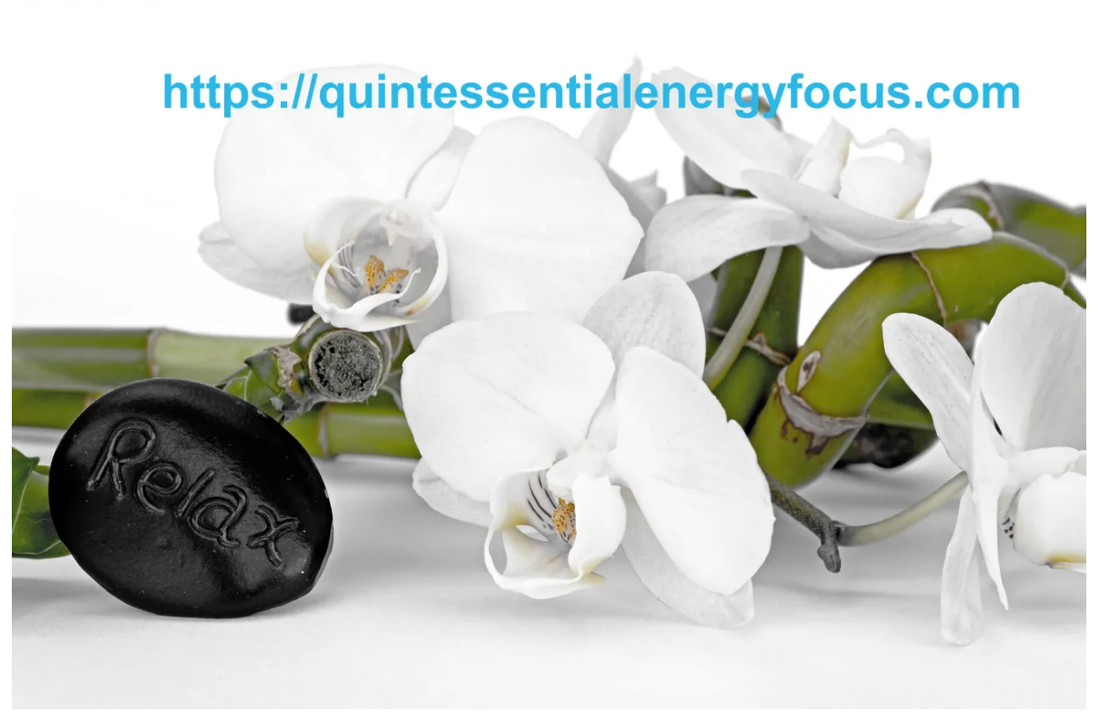Can you tell the difference between anxiety, stress and worry?
I bet you likely have experienced one or all of them to some degree in the last month or so.
Worry
Worry is when our mind dwells on repetitive, obsessive negative thoughts, uncertain outcomes or things that might go wrong. In other words, worry happens mostly in our minds, and not so much in our bodies.
Believe it or not but worries are supposed to stimulate our brain, calming it down. When we are faced with uncertain situations – such as being unable to pay rent or doing badly on an exam – our brain goes into a stimulating mode. It causes us to solve problems or take action, both of which can be positive things. It’s a way for our brains to handle troubles in order to keep us safe. It’s when our mind spins around in a vicious circle that worry is no longer helpful.
A few ways how to ‘handle’ our worries
Acknowledge that we are worried and give ourselves permission to worry for a specific amount of time (say 15 minutes). Let our mind worry as much as it wants. But after that time lapses, redirect our thoughts into a different direction or onto something different. This requires more self-control than it looks.
Learn to become aware when we worry. Force ourselves to problem-solve as the next step.
Writing down our worries helps. There’s something soothing about the pen-to-paper process, for just 5 to 10 minutes.
In summary, worry is useful only if it leads to change. Letting it spin out of control only gets us more stuck.
Stress
Stress is a natural physical reaction to a threatening external situation which is the stressor, such as a deadline or a scary situation (real or not).
Just like worry, the stress response can be beneficial when it pushes us to produce a positive outcome from a negative situation. Think of how you pull things together to hand in a report on time under a tight timeline or cram through loads of educational materials to perform well in an exam.
On the other hand, chronic stress is not a good thing for our body as it constantly stays in fight or flight mode. We all know chronic stress is related to many health issues such as indigestion, heart disease, high blood pressure, etc.
A couple of things how to handle stress
Physical exercise: it takes our mind off the stressing issue and produces epinephrine and cortisol.
Recognize what we can control and what we can’t. Put the energy into what we can do and let go of what we can’t control.
Meditate or just do a simple breathing exercise.
Remember that stress is a normal natural response and it is part of us.
Anxiety
Worry and stress are the precursors, anxiety is the peak. Did you know that anxiety has two elements? Worry is the cognitive element and stress is the physiological response.
This means we feel anxiety in both our minds and bodies. In other words, when we face loads of worry and stress, we end up experiencing anxiety. Worry is a natural mental response to a bad situation and stress is a natural physical response to a threat. Well, anxiety is a combined natural response to false alarms (non-existent threats or bad situations).
An example of a false alarm could be you’re stressed due to a big assignment under a tight deadline. You walk into work and somebody gives you an unusual look. You start feeling anxious. You start telling yourself stories that don’t exist.
Note, I’m not referring to an anxiety disorder. That’s a serious medical condition that can be written in a whole article by itself.
A couple of things how to handle anxiety
Refrain from consuming sugar, alcohol and caffeine. They are stimulants that are unnecessary to our bodies.
Listen to music, do something physical (brisk walk, jump rope, sing, dance).
Write down a few things we appreciate.
Moving forward
In summary, worry happens in our mind, stress happens in our body, and anxiety happens in our mind and our body. In small doses, worry, stress and anxiety can be positive forces in our lives. But research shows that most of us are too worried, too stressed and too anxious. The good news is that there are simple (not easy) first steps to help regulate the symptoms: Self-care is the starting point. Get enough sleep, eat healthily, and move your body.
In the past few years, as I changed careers abruptly, I’ve had my fair share of worries, stress and anxiety. Fortunately, the one tool I have at my fingertips is Emotional Freedom Techniques, a central feature of Energy Psychology. I’ve used it to overcome many challenging emotional turmoils. It’d be my privilege to help you through the difficult emotions you are going through.
Click and book a free consultation here. I look forward to working with you.
Image courtesy of Canvadotcom

